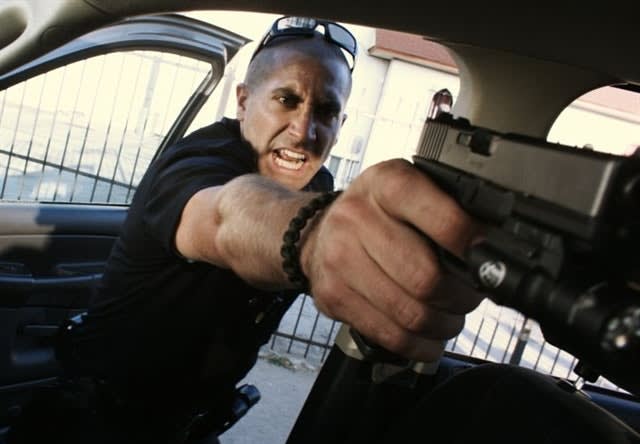David Ayers' "End of Watch" is being acclaimed by cops nationwide as a great police movie, one that finally gets what being a cop is all about. But despite all that acclaim, I was skeptical about "End of Watch" because Ayers' most prominent previous credit was for "Training Day," the 2001 film about corrupt police detectives that scored Denzell Washington an Oscar for best actor.
As a matter of principle, I call "Training Day" the worst portrayal and betrayal of a police department by a major film studio. And as every single LAPD cop portrayed throughout its plot is corrupt, I take enormous pleasure in skewering Ayers' screenplay. Yet, I had to grudgingly give him points for his dialog. His cops spoke in the authentic rhythms of police work and the streets, and I remember thinking, you've got how cops speak down, now if you ever learn how we think, you might have something.













